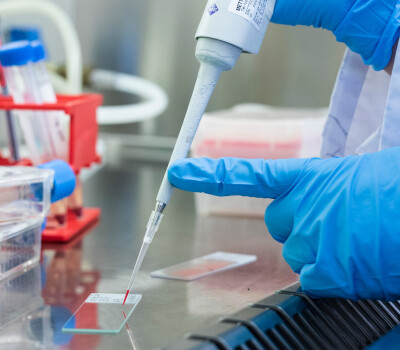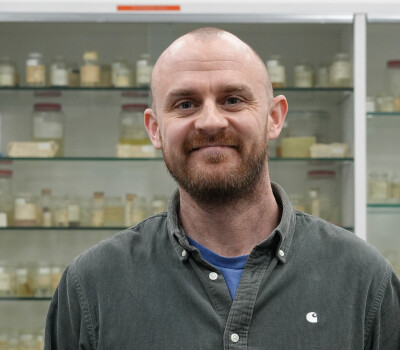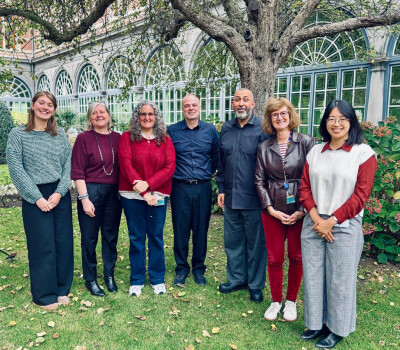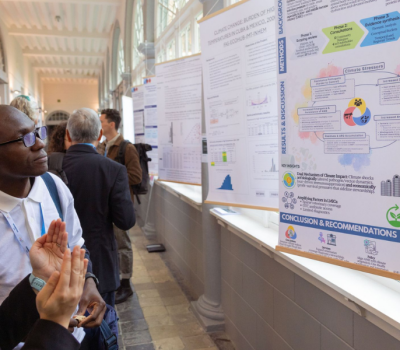Tomorrow’s talents: the story of Ruth Diavita

'After my medical training in Kinshasa, I started working as a research doctor at the Institut National de Recherche Biomédicale (INRB). At the INRB I first came into contact with ITM. The two institutes have a long history of working together, including the elimination of the sleeping sickness and fighting various disease outbreaks in the DR Congo.
After 2 years, my mentor at the INRB advised me to consider participating in the CREDO programme. CREDO is a large-scale project to better prepare scientists in DR Congo to research and control sudden disease outbreaks and epidemics. This programme allows selected participants to further apply for masters and PhD programmes and specialise themselves. Thanks to ITM, I was able to participate in CREDO for a year. What I liked about the programme was the personalised approach and the opportunity to participate in a research project directly related to the problems of my own country, the DRC in my case. I received guidance from leading local and foreign experts and was able to participate in a series of training courses. It turned out to be a great decision, as it was a real learning experience. For example, I was actively involved in clinical research on emerging diseases, including monkeypox, which is highly present in DRC.
At the end of this programme, I decided to apply and continue my education in the master's programme in Tropical Medicine at ITM. I am currently preparing my PhD thesis on the validation of the Luminex ARIES for the diagnosis of Monkeypox. The experience from CREDO not only allowed me to choose a career as a researcher in tropical diseases, but also gave me the necessary background as a junior researcher. This allowed me to make an even greater contribution to medical science.'
Spread the word! Share this story on









